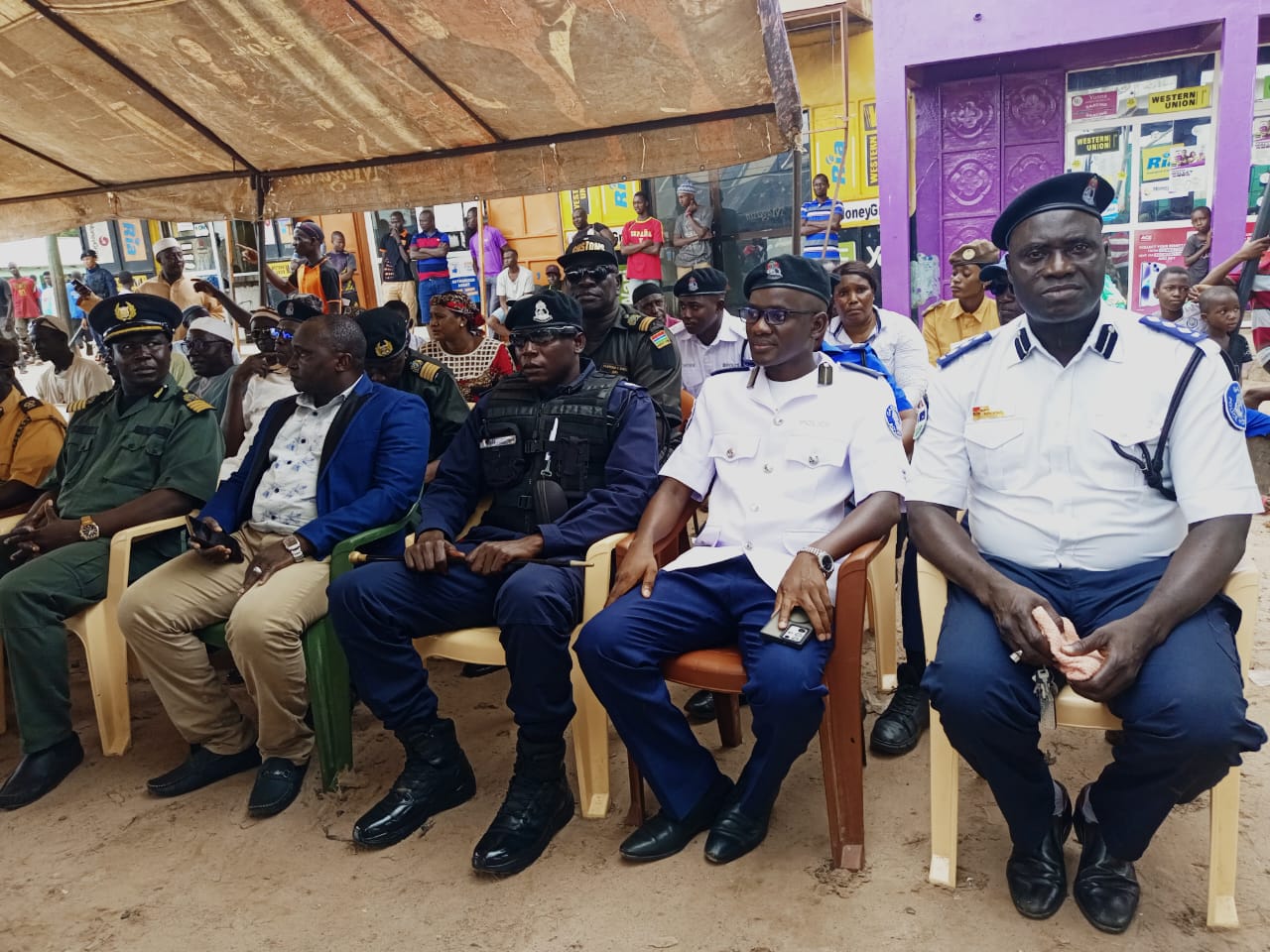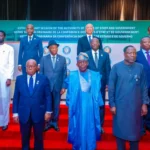Border officials have said they place the security of their countries and people ahead of the implementation of the ECOWAS free movement protocols.
They made this disclosure during the ECOWAS parliament joint committees’ interactive session with security officials of the Karang-Amdalai border (border between Gambia and Senegal) on Wednesday as part of activities to identify issues hindering the smooth implementation of the regional bloc’s free movement protocols.
At a town hall meeting with stakeholders, including trade unions, transport unions, market women and ECOWAS citizens in The Gambia on Tuesday, most citizens complained of extortion and outright denial of entry at the borders.
But while speaking at the joint committees’ session with border officials on Wednesday, Aly Diasse, the Special Commissioner of Police at Karang (Senegal), said: “For each of our countries, security is the priority.”
- APC’s Renewed Hope turning into hopelessness – ADC Chair
- 31.8m Nigerians suffering from acute food insecurity – Report
He told the joint committees that: “There are many allegations and complaints but we try to address them.
“Ideally, you need to listen to the security officials to avoid making laws that will not benefit the people.
“All the security officials at the borders have just one target, which is security of people and property.”
Diasse, who said the border police respect the ECOWAS protocols, assured that any citizen of the community with a valid national identity card or international passport could move freely across the border as long as he or she doesn’t pose any security threats to Senegal.
“If you assess all the borders in the region, you will realize that this is the border where free movement is fully implemented,” the security official added.
Also, Col. Yaya Moussa Thiem, Senegal’s head of customs at the Karang border, debunked the extortion accusations, saying “in Senegal, whatever you pay, you will receive a receipt.”
He alleged that most business people do not have documents to show that the goods they are transporting originated from ECOWAS.
He said those who have their complete documents were always allowed to cross the border freely.
Omar Bojang, the customs manager, trade facilitation and international cooperation, The Gambia, said only those who have their business registered enjoyed the free movement protocols benefits.
He lamented that most of the women complaining of difficulty in moving their goods across the borders are into informal businesses.
Bojang said informal business people are not covered by the ECOWAS free movement protocols.
While calling on member states to mainstream the informal business people, he also charged the ECOWAS to amend the protocols to capture the informal business people.
Need for a monitoring team
On his part, Juldeh Camara, the Commissioner of Police at the Amdalai border of the Gambia, urged the ECOWAS to establish a monitoring team at the borders to enforce its free movement protocols.
“If the border monitors are there and are genuine, most of these complaints will stop.
“If it (non-implementation of free movement protocols) is happening, those causing it will stop,” he said.
Speaking earlier, Edwin Melvin Snowe Junior, Co-chair of the Joint Committee, said the committee members were at the border to interact with the security officials and get feedbacks on the challenges they were facing in implementing the ECOWAS free movement protocols.
He said their feedback would help in improving the implementation of the protocols.
He said the intention of the founding fathers of the regional bloc was to make West Africa a community of people where citizens can move freely, reside and do business within the region.

 Join Daily Trust WhatsApp Community For Quick Access To News and Happenings Around You.
Join Daily Trust WhatsApp Community For Quick Access To News and Happenings Around You.

